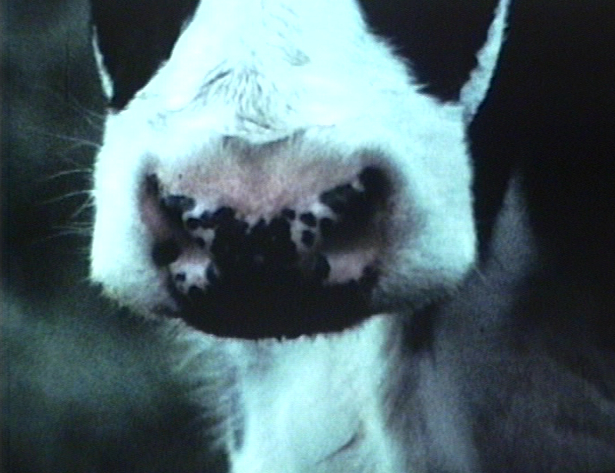November 20, 7:30pm
Gallery Theater, 3rd Floor Elaine Langone Center

As part of Country Living, we will be screening the films Summer Solstice (1974) by Hollis Frampton and a selection of diary films by Robert Huot. These films were curated by Ken Eisenstein of Bucknell’s Film/Media Studies Program, who will introduce them. This is a rare opportunity to see both films in their original 16mm formats.
Ken Eisenstein on the partnership between Huot and Frampton and how it impacted Huot’s Diary Paintings (on view at the Samek):
“These two spheres of the painted image and the time-based presentation collided most obviously in Huot’s turn to cinema. Through the graces of the sculptor Carl Andre, with whom Huot had exhibited in 8 Young Artists (1964), Huot met and befriended the photographer and budding filmmaker Hollis Frampton. This relationship proved to be a major one for both artists: Huot expanded into a new medium (film), Frampton followed on the tails of Huot’s relocation, moving to his own ‘rural splendor’ less than 30 miles from Huot’s. Those last few years in Manhattan saw the birth of a key new wave in the avant-garde. Paralleling developments in minimalism and conceptualism, Frampton and Huot helped establish ‘structural film.’ Huot’s paintings had moved from Abstract Expressionist to Hard-edge, but, surprisingly, his films reversed this progression, and with a twist. After focusing on the very materials of cinema in Leader (1966) and Scratch (1967), and after dropping out of NYC’s art world, Huot trained his camera on daily life at his new farm, forging a Photo-figurative Expressionism in a run of diary films (1970-80). The Diary Paintings pulled this ethos right off of the screen (perhaps with it!).”
Hollis Frampton on Summer Solstice:
“…the operations that dislocate a film like SUMMER SOLSTICE–I hope irreperably–from being a movie about the locomotion and eating habits of cows, a dairy farm document, or what have you, are finally of a whole lot less concern to me than the following things: how it looks, the sense that probably it was done deliberately, the pleasure or displeasure–the intrigue, possibly–of attempting to retrieve the manner in which it was done while one is watching.”

